Human rights on agenda of Russian leader’s visit
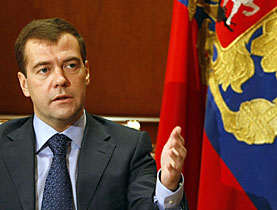
Switzerland is gearing up for the arrival of Russian President Dimitri Medvedev next Monday – the first-ever official visit by a Russian leader.
Talks during the two days will focus on bilateral relations, the post financial-crisis situation, G20 reform, Georgia and human rights.
It will be the first time that a Russian head of state has visited Switzerland in the almost 200 years since the Swiss opened their first consulate in St Petersburg.
An official ceremony at Zurich airport will be followed by talks in Bern on Monday between the Russian and Swiss delegations, led by Medvedev and Swiss President Hans-Rudolf Merz.
Switzerland is hoping that cooperation with this “important partner” will be stepped up as a result of the visit.
“Switzerland is anxious to get an idea of Russia as it is now, and not to fall back on the stereotypes of the Cold War,” state secretary at the Swiss foreign ministry, Michael Ambühl, told swissinfo.ch.
According to the Swiss president, there are various reasons for Medvedev’s visit.
“Russia is a strategic country. Energy questions like the supply of gas and petrol are very important factors. We therefore have to cultivate these relations,” he told the French-speaking Le Temps newspaper on Friday.
They also intend to tackle the question of European security policy, added Merz.
Switzerland currently represents Georgian interests in Russia and Moscow’s in Tbilisi.
Since 2007 Switzerland has had a memorandum of understanding with Russia, covering close cooperation in 20 different areas, including culture, economy, air transport, justice and security.
At its heart lie regular institutionalised discussions between experts. There have already been seven such discussions in 2009.
Business partner
Russia, with its huge raw material resources, is an important trading partner for Switzerland. Swiss exports to Russia have quadrupled since 2000, and were valued at SFr3 billion ($2.8 billion) in 2008. At the same time Switzerland imported goods worth SFr1 billion.
One key financial issue up for discussion will be a double taxation agreement with Russia to help get Switzerland off an Organisation of Economic Co-operation and Development (OECD) “grey list” of tax havens.
“Russia requested it,” said Merz. “It is one of 30 countries that have sent us such a request.”
The two heads of state will also look at reform of the G20, where Russia is a member, unlike Switzerland.
“Every head of state I’ve talked to about Switzerland joining the G20 has told me that it would be a good thing, but nothing has moved,” he told Le Temps. “But I have the feeling things are changing. The G20 is being reformed through its enlargement.”
And the question of Russian membership of the World Trade Organisation (WTO) will also be on the table.
“Switzerland is in favour of Russia joining the WTO. It has improved its legal and economic conditions. It would be wise to let it join the free market economy. We’ll also talk about a possible free trade agreement,” he said.
Human rights questions
Human rights organisations have urged Merz to be frank with Medvedev about human rights problems in Russia.
“The Swiss government should condemn serious attacks against journalists and human rights activists, as well as impunity that reigns throughout the country and Russia’s blockage of reforms to the European Court of Human Rights,” said Amnesty Switzerland in a statement on Friday.
Merz says that he plans to speak about reform of the court, as it is one of Switzerland’s priorities when it assumes the six-month presidency of the Council of Europe this November.
The court is currently trying to handle a massive backlog of cases caused by the accession of Russia, Ukraine and Romania to the council. A 2004 reform, known as Protocol 14 of the European Human Rights Convention, is said to be urgently needed to simplify and speed up litigation.
But all council members bar Russia have ratified Protocol 14. The Duma believes it could be used to discriminate against it.
Merz says he will also discuss human rights violations in Russia and the Caucasus region as “Switzerland is obliged to deal with this matter as depository of the Geneva Conventions and founder of the Red Cross”.
“But [it will be done] in the form of questions and not accusations,” he told the newspaper.
Simon Bradley, swissinfo.ch
Russian President Dmitri Medvedev is scheduled to meet all seven members of the Swiss cabinet.
His agenda also includes meetings with representatives of Swiss business.
In addition, he will pay a visit to the Suvorov monument near Andermatt in the central canton of Uri, which commemorates the alpine campaign of the Russian general in 1799.
Regular contacts between Russia and Switzerland go back to the 18th century. Numerous Swiss worked in Russia, among other things as scholars and architects, while many Russians visited Switzerland.
In the 19th century Russia was one of the great powers which guaranteed Swiss neutrality.
In the 19th and early 20th century Switzerland attracted Russian artists, students and dissidents, including Lenin who spent several years of his European exile in different Swiss cities.
Following the Russian revolution of 1917, Switzerland broke off diplomatic relations the next year, and they were only restored in 1946.
In the 1990s and the end of the Cold War, relations were quickly stepped up, not only on the political and economic level, but also in science and culture.
Russia is one of Switzerland’s major trading partners, and Switzerland is one of the leading foreign investors in Russia.
Switzerland has been providing technical and financial support and humanitarian aid to Russia for ten years, particularly in the northern Caucasus.
Between the late 1990s and 2007 a number of issues caused strains in relations including the 2002 Überlingen air crash in Swiss-controlled airspace which killed 71 people, mostly Russian children. A Russian was later jailed in Switzerland for killing an air traffic controller he blamed for the death of his family in the accident. The Swiss Federal Court later ordered his release.
The refusal of the Swiss authorities to grant judicial assistance for legal actions linked to the Yukos affair and the arrest of Russian ex-nuclear energy minister Yevgeny Adamov – later extradited to Moscow – also stretched the relationship.
In the wake of the Russia-Georgia war of 2008, Switzerland has represented Russia’s diplomatic interests in Georgia and Georgia’s interests in Russia.

In compliance with the JTI standards
More: SWI swissinfo.ch certified by the Journalism Trust Initiative

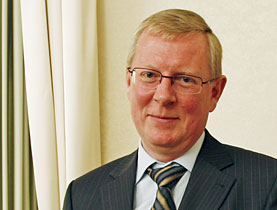
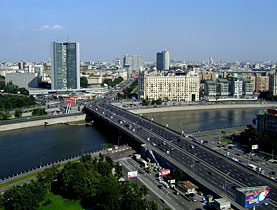
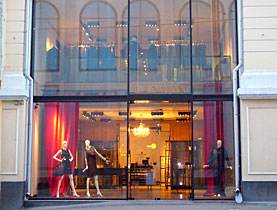
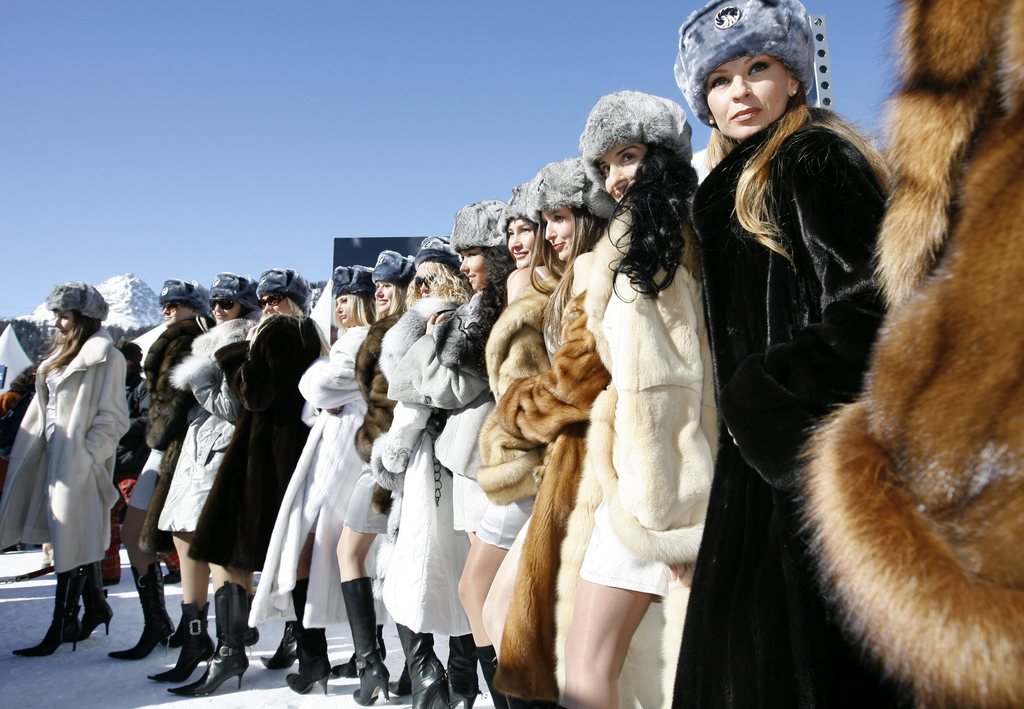
You can find an overview of ongoing debates with our journalists here. Please join us!
If you want to start a conversation about a topic raised in this article or want to report factual errors, email us at english@swissinfo.ch.